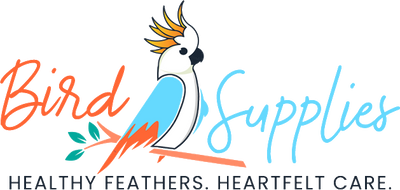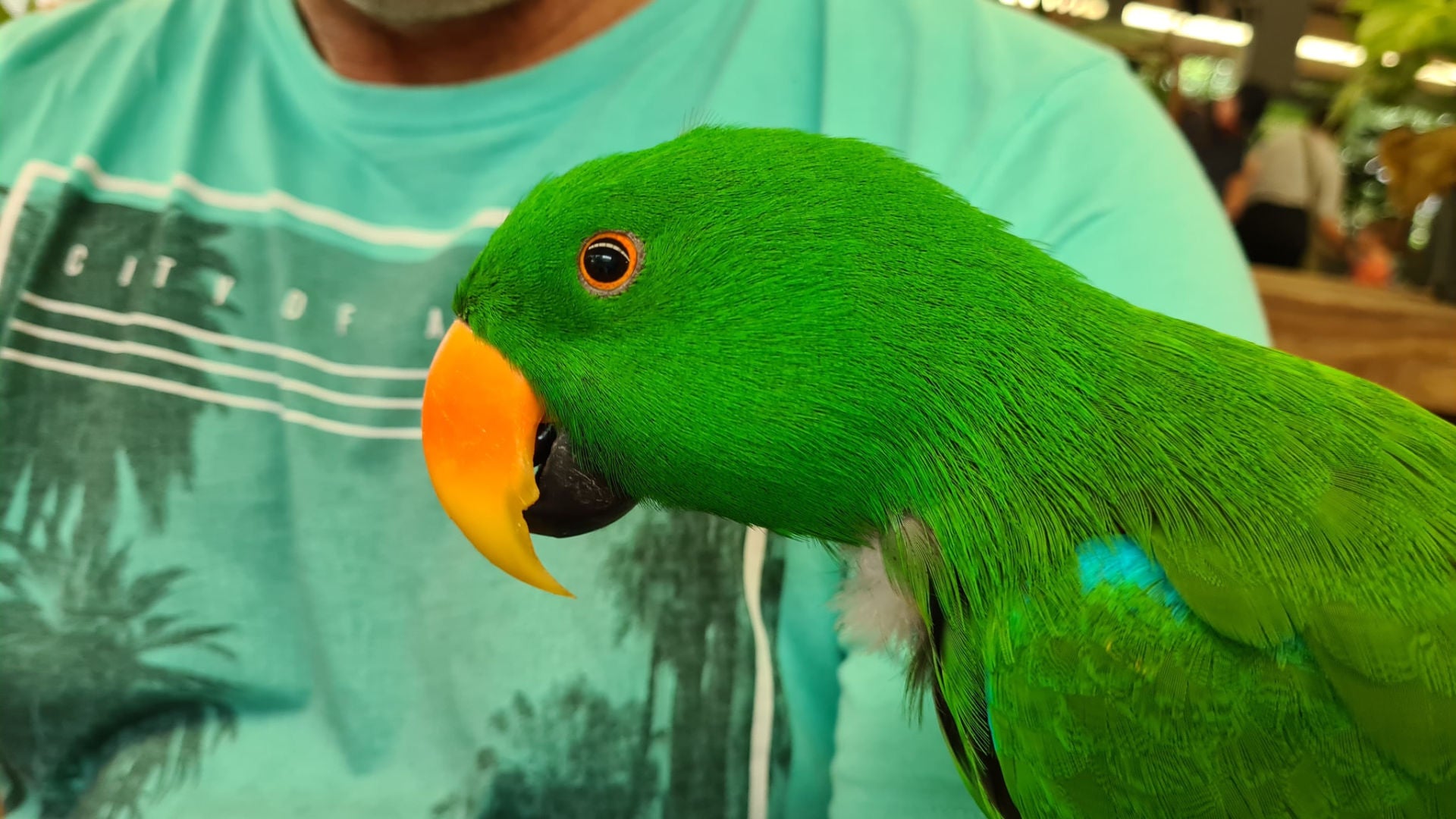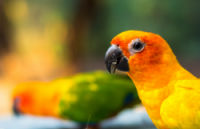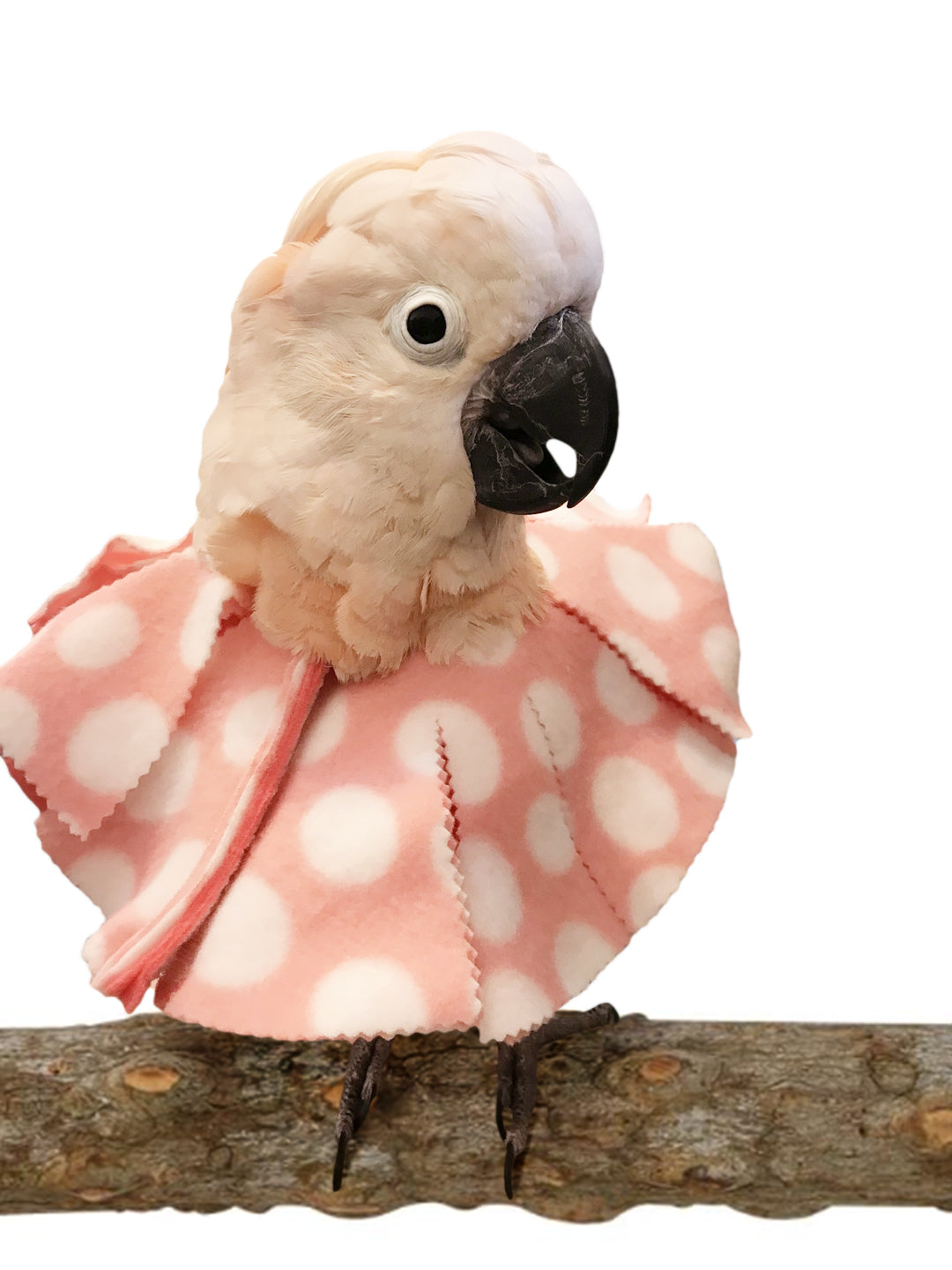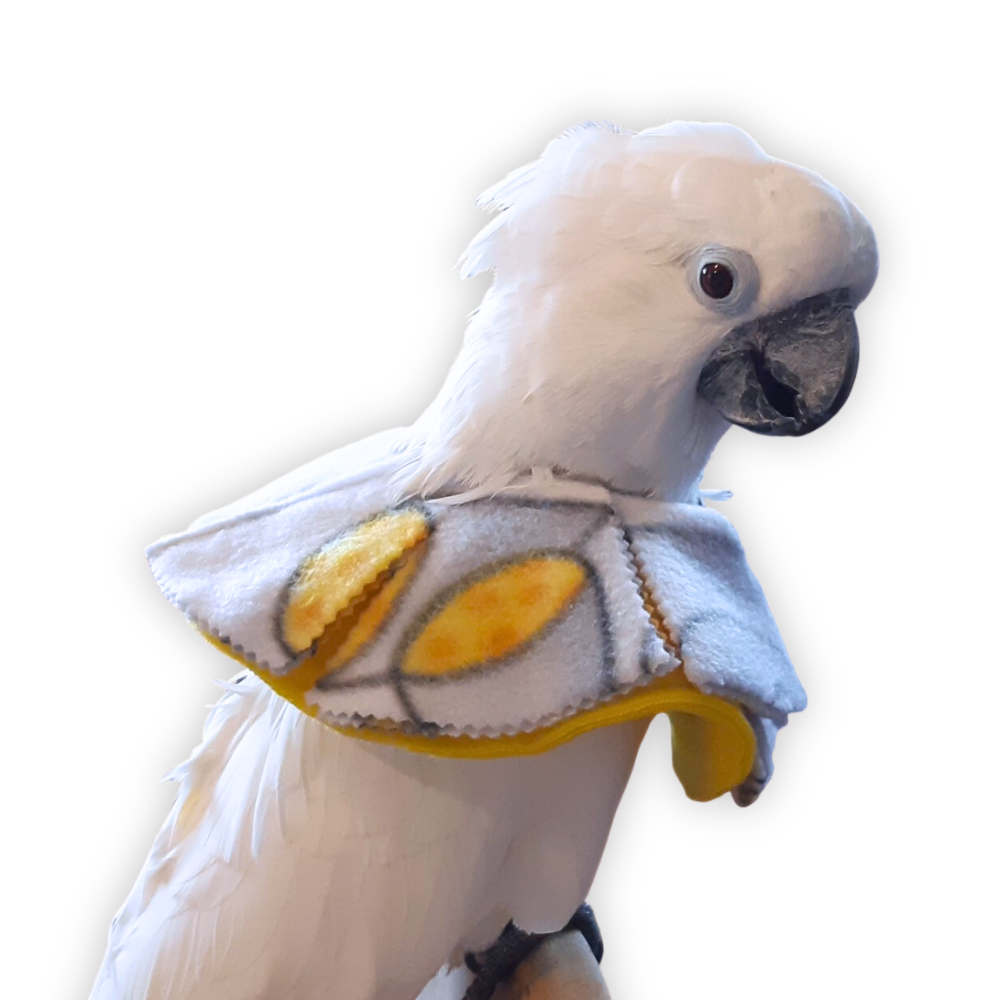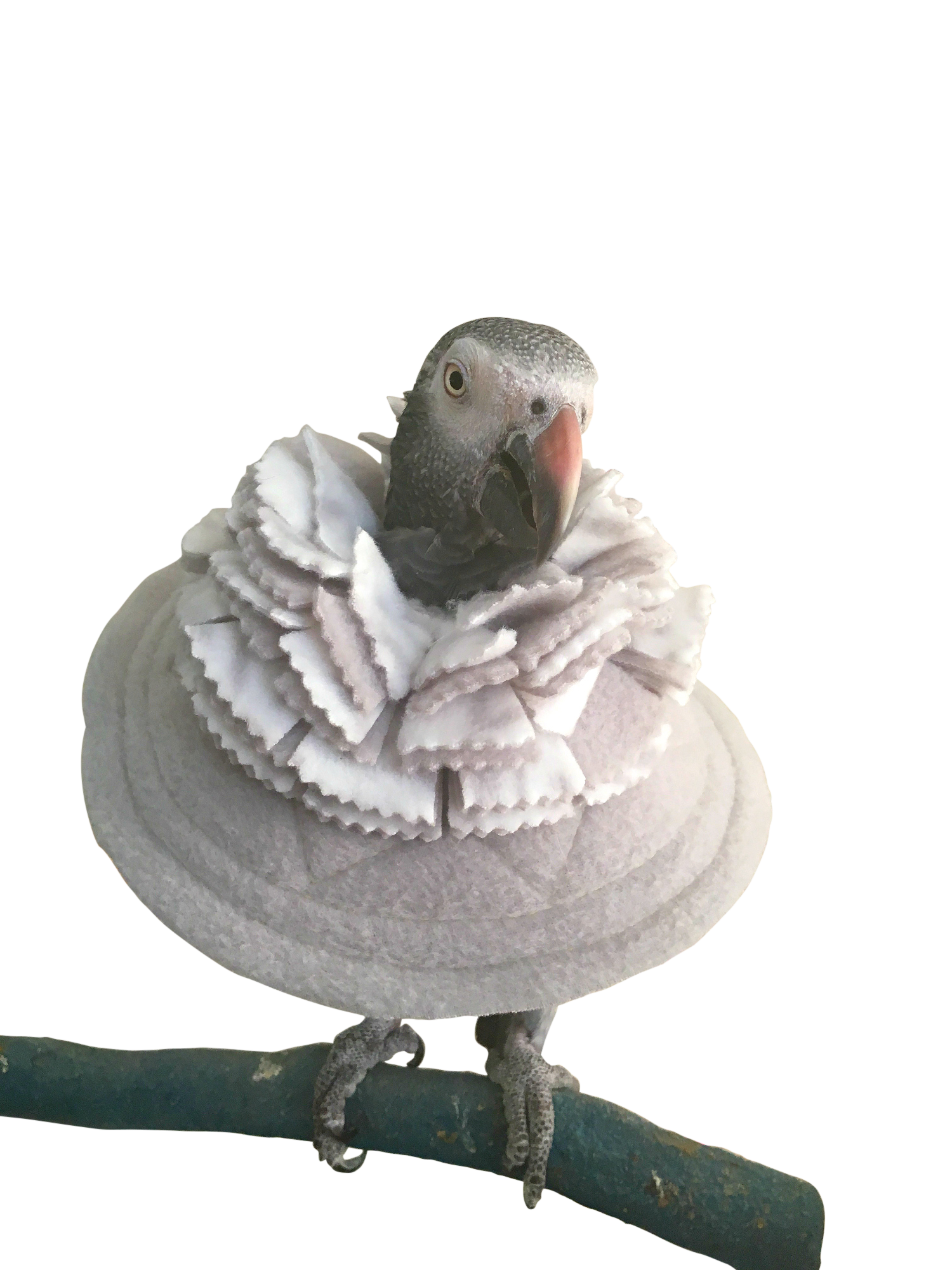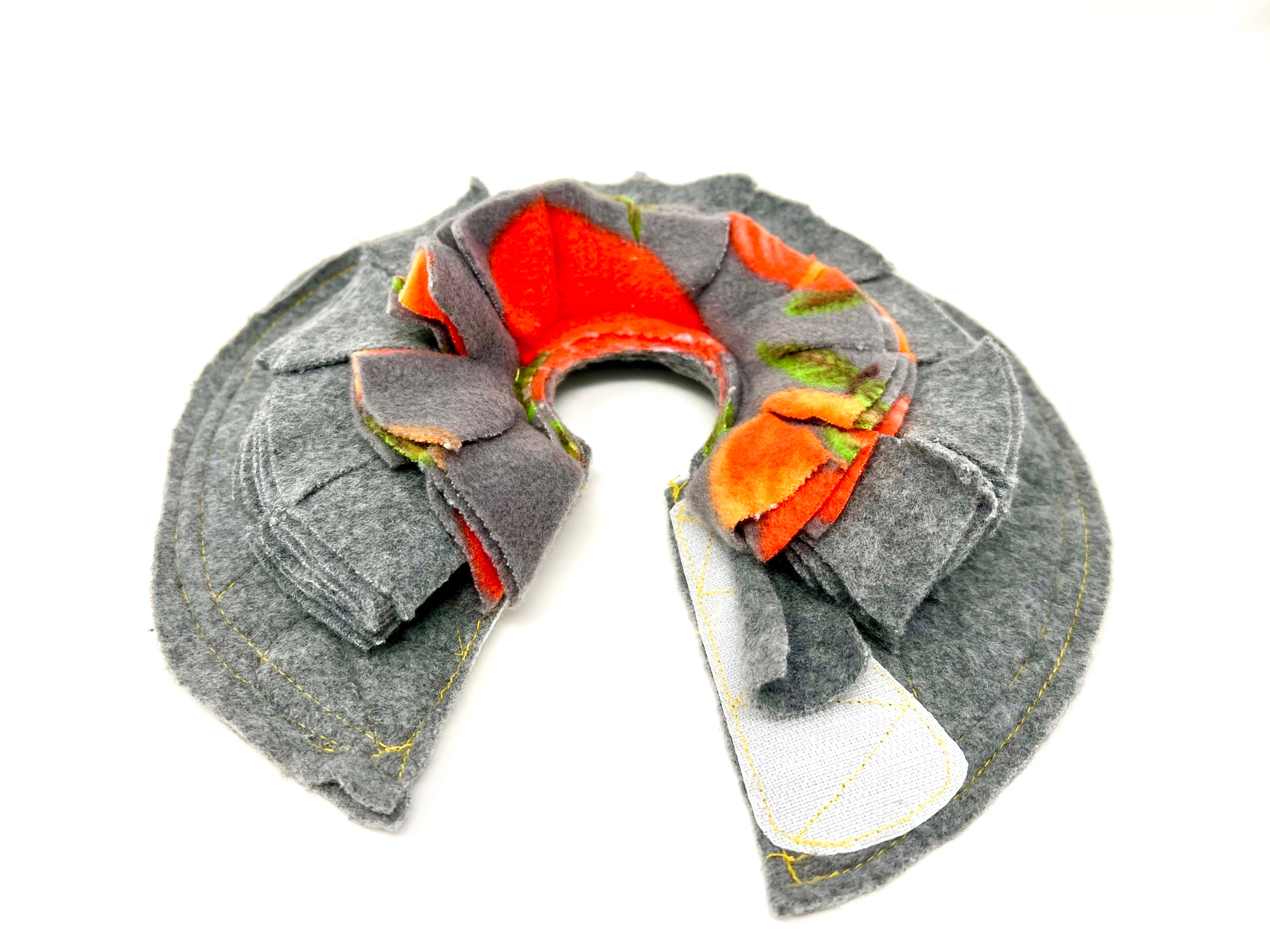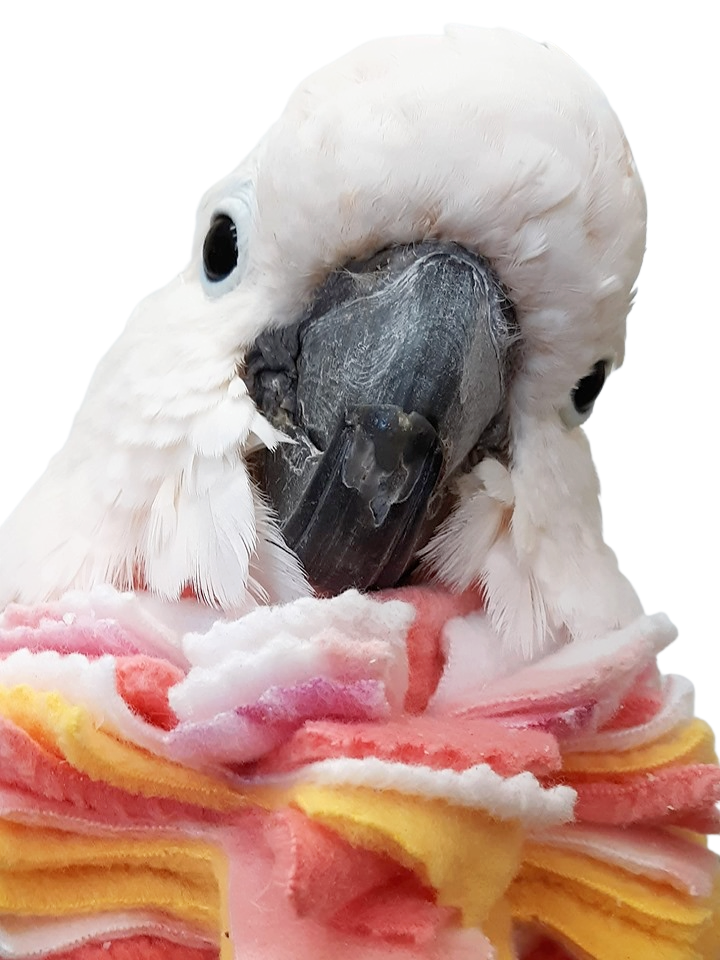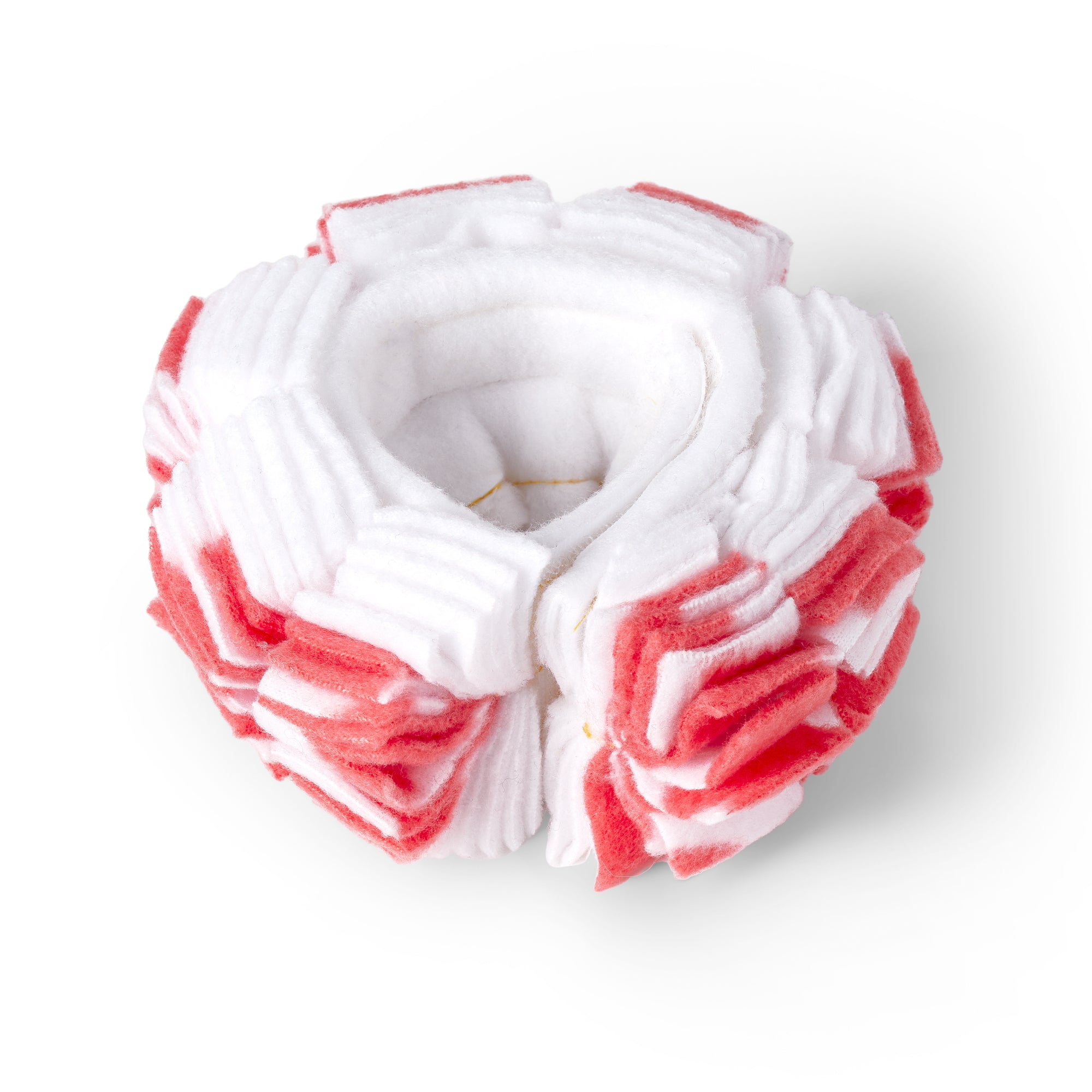Table of Contents
- How do bird lighting and photoperiod work?
- Why is my bird suddenly being aggressive?
- How to help your bird prepare for changes to its schedule
- How can you help your bird deal with daylight savings time
- 5 things that you can do to support your bird as it transitions to the end of daylight savings time
Birds are sensitive creatures that can become irritable when the day light changes. This is because they have been used to being active during the day and sleeping at night. When DST kicks back into effect on November 7th things will likely take an entertaining turn at home....
How do bird lighting and photoperiod work?
The environment in which your bird lives is affected by natural day length changes caused by the earth's revolution around the sun. These changes are very gradual.
What is commonly known as "daylight savings" time, or simply clocks being set forward an hour in spring, and back an hour in autumn can have a big effect on your bird. An hour makes a huge difference to our bodies.
When bird lighting or photoperiod changes, bird behavior can change too. And, it can seem like your bird turns into a monster overnight!
Why is my bird suddenly being aggressive?
Birds are not different from other living creatures in that their hormones are influenced by day length. In bird species that migrate or have longer breeding periods in the winter bird lighting patterns change, and their hormonal period changes with them.
Bird lighting may be natural, but it is bird lighting that causes a bird to molt in the spring, breed during bird mating season, and raise its young in summer.
Caged bird owners are often surprised at their bird's unusual behavior when the days get longer in spring or the nights get shorter in autumn.
Suddenly their bird may want to play, sing and eat all day long! Or, it might get aggressive all of the sudden.
This usually doesn't go on for more than a few weeks so bird owners may think there is nothing wrong. The bird indeed, just as in humans, the time of year has an impact on your bird's normal behavior.
How to help your bird prepare for changes to its schedule

Bird behavior changes when bird lighting or photoperiod changes change. Some bird species like parrots will instinctively begin to sing in the morning once the bird lighting hours get longer in the spring, while other bird species that are normally nocturnal in summer will go to bed earlier when bird lighting hours shorten in autumn.
If your bird has had its bird lighting hours suddenly changed on it, you will need to take active steps to reduce the bird's stress.
It can be very stressful for birds when bird lighting or natural day length changes are experienced abruptly. A bird that has been used to a certain amount of daylight during the end of the day may suddenly get disoriented when it starts getting dark at 5:00 pm.
Placing bird lights that simulate daylight may help your bird feel more comfortable by providing the bird with a slower change to the photoperiod.
Placing bird night light to provide soft bird lighting may also make your bird's nighttime less scary if it is used to daylight all day long.
How can you help your bird deal with daylight savings time

Anytime that daylight hours or the photoperiod is changed, it can be very stressful for some bird species. Remember, abrupt lighting changes and changes to their schedule can affect your bird's circadian rhythms.
Your bird will need time to adjust so try to provide the bird with 7 - 10 days of gradual bird lighting changes before expecting your bird to act normal.
You can help your bird by having bird lighting that stays on 8-10 hours a day all year round, too. Try placing a bird night light in your bird's room to help ease its stress while it adapts.
Most birds do adapt well though and will return to normal behavior in a few weeks.
If bird lights are on a timer, be sure that you have bird lighting scheduled for when your bird is normally active. If your bird is used to being out with you in the evenings, once the time changes, keep up your routine, adjusting birdie bedtime only about 10 minutes earlier each night for about a week.
As with most things that affect our human lives, we need to adapt and embrace change in order to live happy and healthy lives with our birds.
5 things that you can do to support your bird as it transitions to the end of daylight savings time
1) Do not make a big deal about the change in lighting. Your bird loves routine and if your bird notices you acting stressed-out, it can become stressed as well.
2) Use bird lights to change bird lighting hours gradually over 7 - 10 days.
3) Don't be surprised if your bird is extra vocal or clingy for a week or two after bird lighting changes have been implemented. It takes time for birds to adjust to lighting changes.
4) Try to keep your birds routine as normal as possible, changing feeding, lighting, rising, and bedtime by about 10 minutes a day until your bird adapts to the end of Daylight Savings Time.
5) If your bird has trouble sleeping, try bird night light while you are retiring for the evening.
In conclusion, bird lighting changes are a stressful time for your bird so it is important to be supportive during this period.
Your bird's hormonal period will improve when bird lighting or natural day length changes take place gradually, so anytime your bird experiences abrupt lighting changes, it may be helpful to consider having bird lights that stay on during the day.
Shop bird lights today.
Diane Burroughs, LCSW is a licensed psychotherapist trained in ABA therapy techniques. She specializes in avian anxiety disorders and is certified in Nutrition For Mental Health. Diane has written a number of bird behavior books and she offers behavior consultations. She's developed a range of UnRuffledRx Science-backed Parrot Wellness Supplies.
Diane's products have been featured in the Journal of Avian Medicine and Surgery and at Exoticscon, a conference for exotic pet veterinarians. Her bird collars & supplements are stocked in avian vet clinics and bird stores throughout the US. With over 30 years in the field of behavior, Diane has created thousands of successful individualized behavior plans that help pets thrive.
TAGS: #BirdLights #LightsForBirdCages
SHARING IS CARING! PLEASE SHARE ON YOUR FAVORITE SOCIAL MEDIA NOW!
